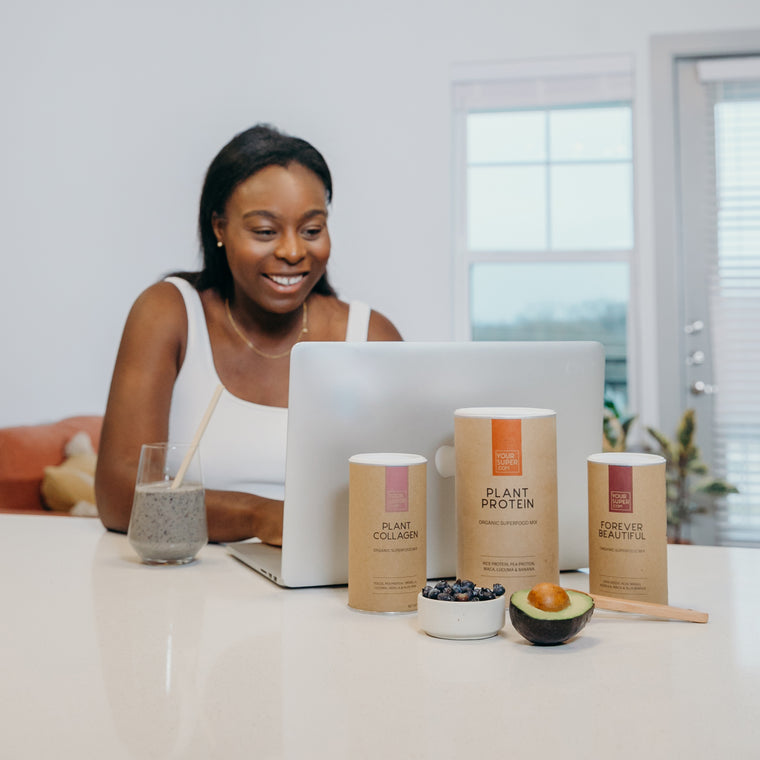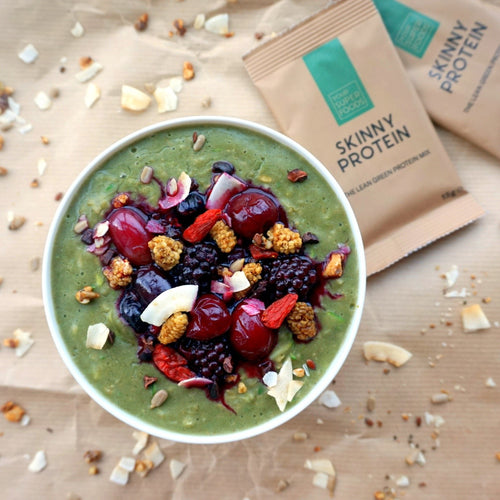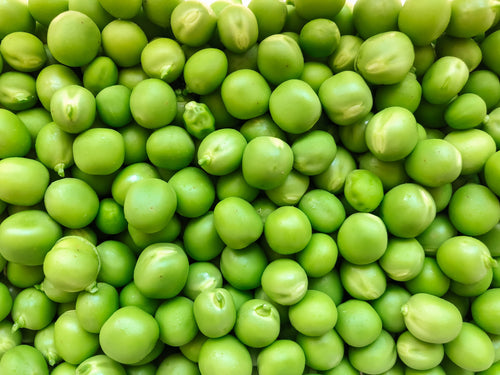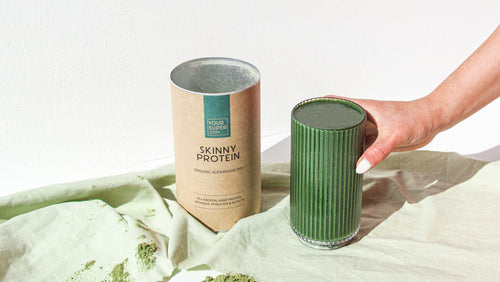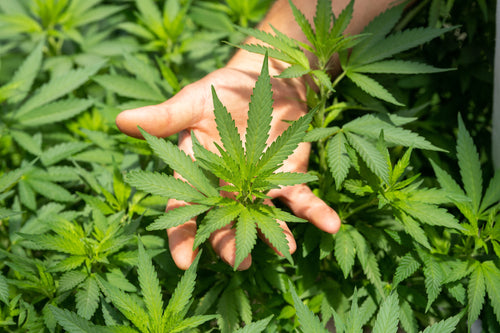If you exercise regularly you probably know the struggle of figuring out what to eat beforehand. Eating too much before a workout may make you feel sluggish or weighed down, while eating too little may slow you down or make you sick.
The secret to optimizing your workout is eating the right kind of foods at the right time.
Keep reading to learn which foods can help push you through a sweat session, and how to synchronize your meal times with your workout.
Timing is everything
Anyone with an active lifestyle knows that no matter how hard you try it can be difficult to keep a consistent schedule. Whether your plans change throughout the day or a sudden shift in mood inspires you to hit the gym, these unforeseen circumstances make pre-workout meal planning difficult.
Before you ask yourself “what should I eat before exercising” you need to ask yourself “how much time do I have before my workout?” This question will help you make a decision about what foods you should eat to fuel your workout session.
Think of your body as a car. It requires a specific type of fuel to function properly. And just like a car, if you give it the wrong fuel, it may break down.
3-4 Hours Before Working Out
If you have 3-4 hours before your workout, eating a larger meal won’t negatively affect your workout. This time frame gives your body plenty of time to digest before you break a sweat. A large, colorful salad or buddha bowl is my go-to when I have time to spare before the gym.
1-3 Hours Before Working Out
Small meals or snacks are recommended when you have 1-3 hours before your workout. Oats are a great pre-work out snack because they are full of fiber and release energy slowly, which can keep you going longer. But if you’re craving something savory– opt for avocado toast on whole wheat bread.
1 Hour Or Less Before Working Out
If you’re heading to the gym in a rush, no worries! You can make a protein-packed smoothie or healthy pre-workout energy bites. Complex carbohydrates that are easily digested are ideal for this timeframe.
Carbs, protein and fat
Think of your body as a car. It requires a specific type of fuel to function properly. And just like a car, if you give it the wrong fuel, it may break down.
What you eat before a workout determines how well your body will perform, which is why I recommend eating a variety of nutrient-rich whole foods. A combination of healthy carbs, protein, and fat can give you the energy you need and help you reach your health goals.
Carbs = energy! They help maximize your body’s ability to use stored energy (glycogen) to fuel your workout. And the harder you workout, the more carbs you’ll need. Rice cakes, granola bars, dried fruit, and oatmeal are great carb choices. Fats are also an essential energy source. Incorporating healthy fats like avocados, chia seeds, nut butters and olive oil can help fuel longer workouts, such as marathon running or a 45 minute cycle sesh.
In addition to carbs and fat, your body needs protein. Protein promotes muscle growth and muscle recovery. What are the healthiest protein sources? So glad you asked! Tempeh, tofu, beans, nuts and seeds are chock-full of essential nutrients and protein. And compared to meat, these foods can actually keep you living a healthier, longer life.
Post-workout nutrition
When it comes to achieving your fitness goals it’s all about what you eat and when you eat it. And a combination of whole foods, healthy carbs, plant-based protein, and fats can be a total game changer. But it doesn’t stop there! The foods you eat after a workout are just as important. For post-workout meals you’ll want something rich in carbohydrates and protein, like this cauliflower chickpea curry.
And lastly – don’t forget to hydrate! Getting the right amount of water before, during, and after your workout is vital because it regulates your body temperature, lubricates your joints, and transports nutrients. You’ll also need to replenish the fluids you lost while sweating, so make sure to drink plenty of water post-workout.


